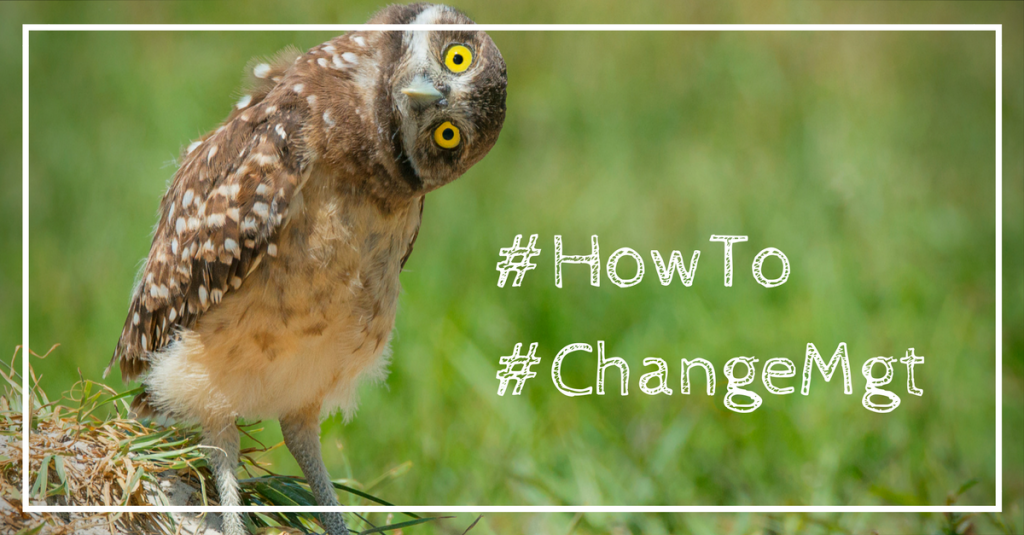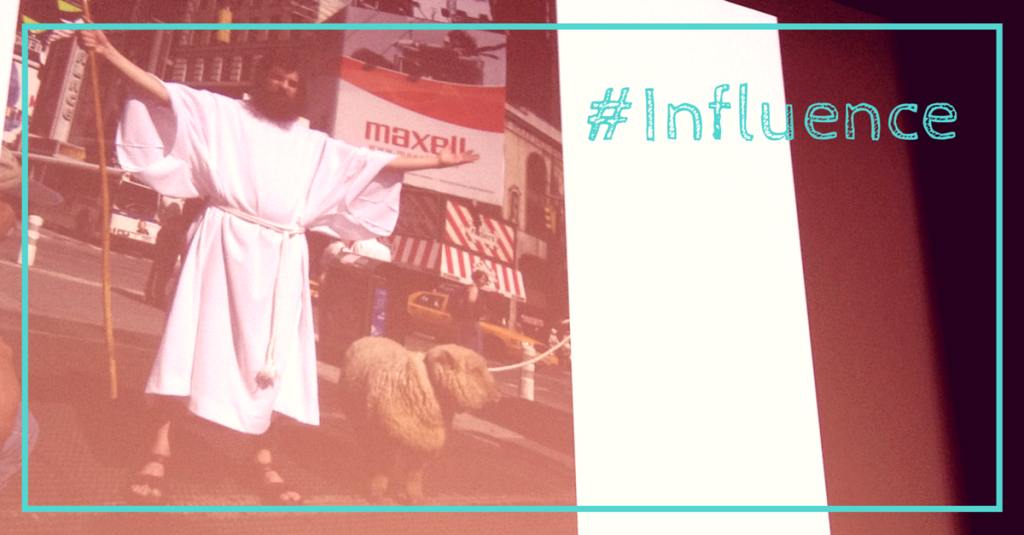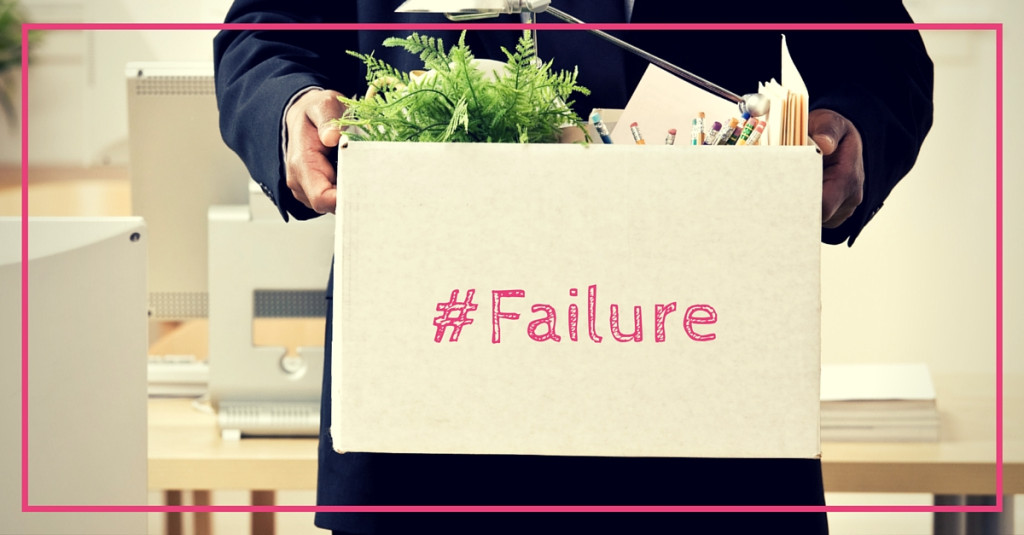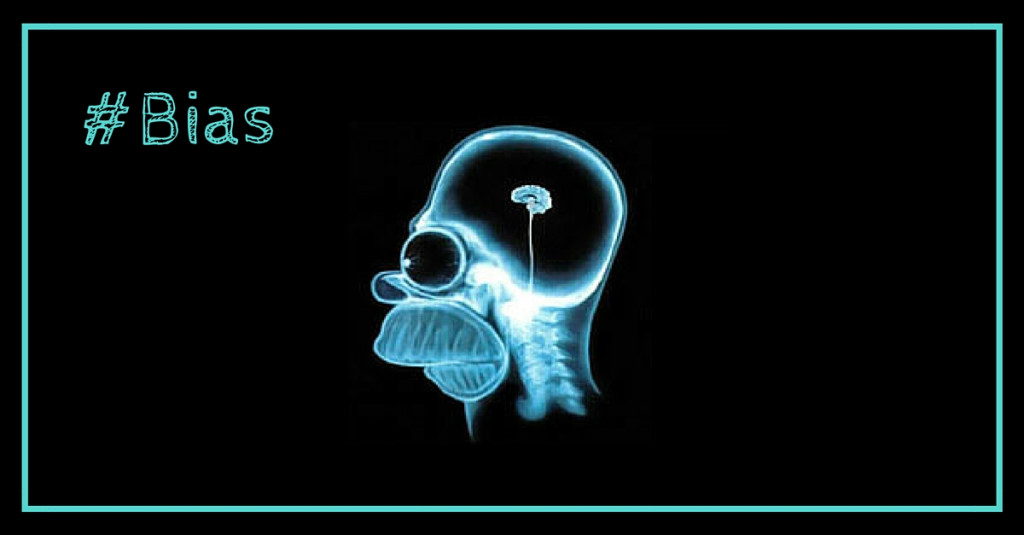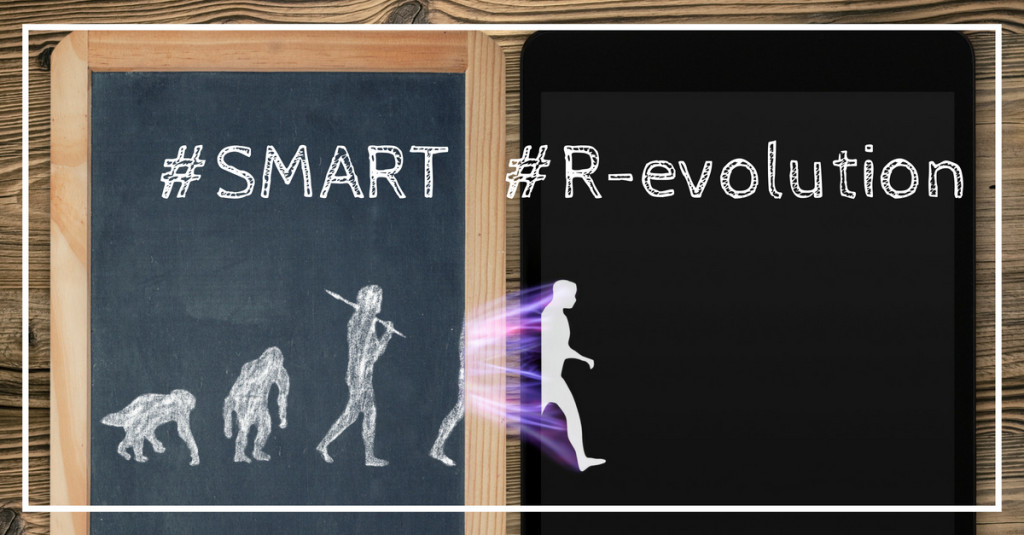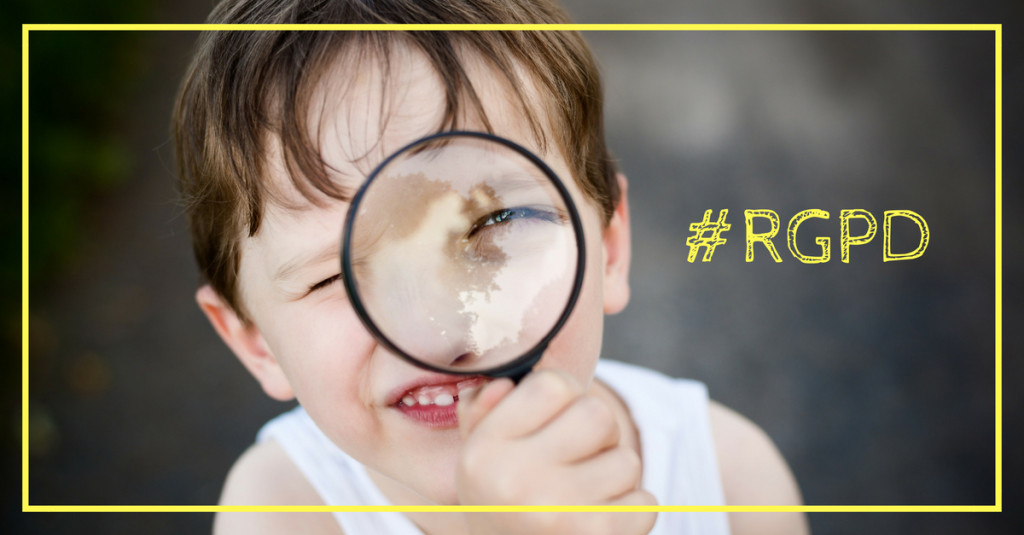If you ask a group for their preference, they will always go for the familiar (source: Decisive moment, Jonah Lehrer).
You probably experienced this situation. You come up with a brand new idea.
The idea will change drastically how things will have to be done. This will be an entirely new way of doing things.
The potential benefits for this are high but you encounter a fierce opposition.
If by chances, your management grants you the right to set it up, despite assured benefits, when asked, people will always tend to say they preferred « before ».
No matter how unsatisfying the situation might have been before.
No matter how boring.
People, when asked, tend to prefer what they know.
The reason for this is that they knew each bit of it. They knew how to behave, they knew what to expect.
After a while, and only once they will have developed to ability to adjust, to become familiar, will they realize that indeed, the benefits were worth it.
What does it say about marketing?
Disruption is almost impossible to market. Investors, collaborators, partners will always fear the new, the unfamiliar. If you have to market a very disruptive concept, you have to work on the « habit leap » as fast as possible. You have to work so as to benefits and familiarity come as fast and as tangibly as possible.
Because people don’t buy in creativity nor disruption « at first sight ». They can’t figure out the abstract.
They need to « feel » the comfort before the rational can rally to the concept. No matter how good the rational might be.
If the emotions don’t buy in, you have no chances to convince them.


